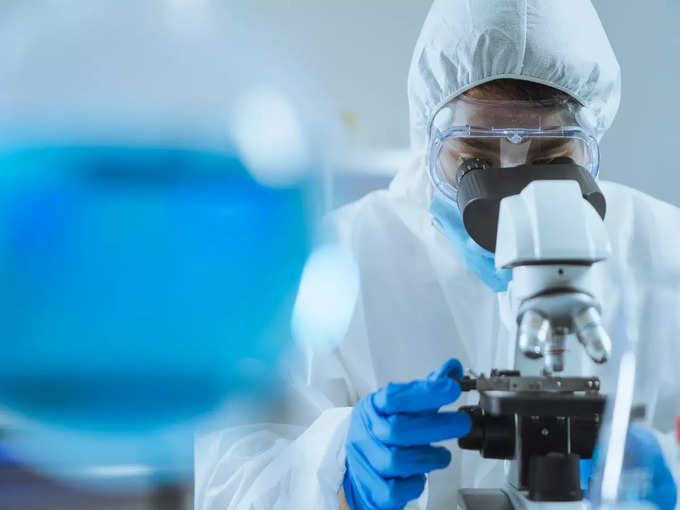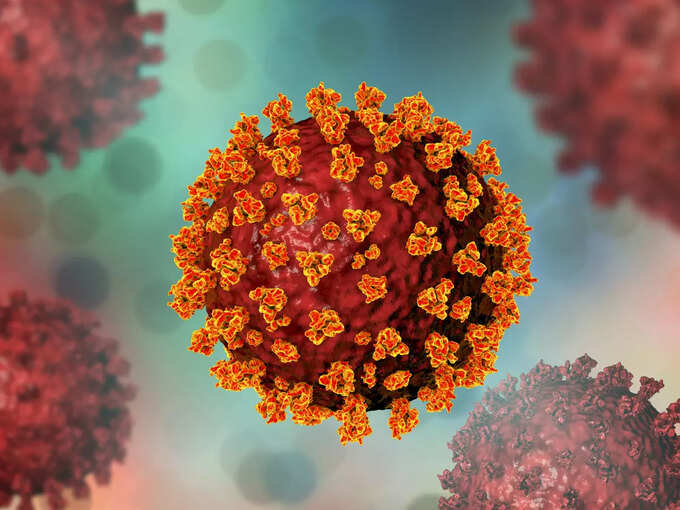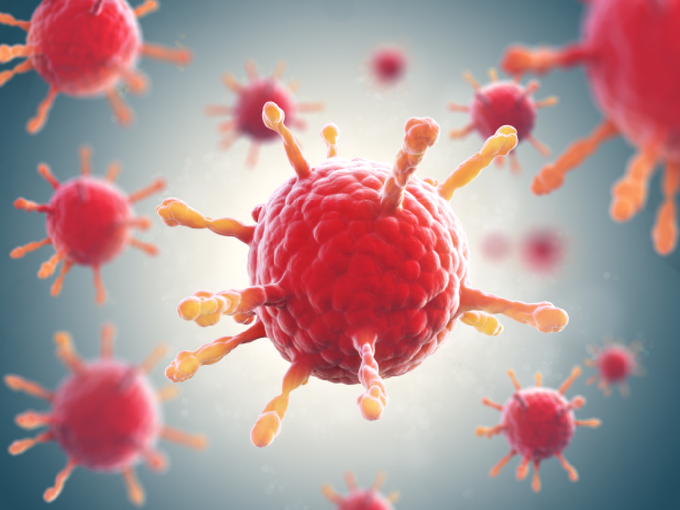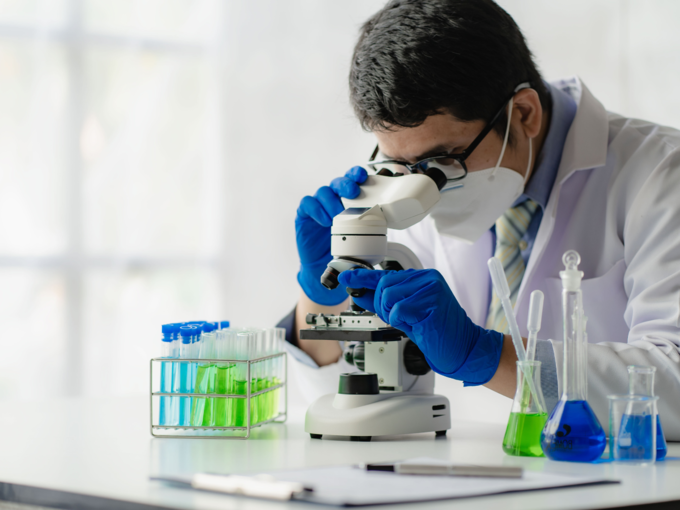In early 2020, the world was introduced to a new virus—later named Covid-19. Initially, it was compared to other respiratory infections like SARS and MERS, but its rapid spread and devastating impact soon shocked the globe. As borders closed and nations scrambled to understand this virus, scientists worked tirelessly to figure out what made Covid-19 so dangerous.
Now, a team of Japanese researchers, led by Ikuo Shoji, may have found the answer, giving hope for better treatments and future prevention.
The Key Discovery: How Covid-19 Outwitted the Immune System
In a study published in the Journal of Virology, Shoji and his team uncovered a crucial mechanism that allowed the Covid-19 virus (SARS-CoV-2) to spread so quickly by evading the immune system. This breakthrough is centered around the virus’s ability to escape the ISG15 molecular tag, a key player in the body’s antiviral response.

The ISG15 molecular tag usually marks viruses, helping the immune system identify and neutralize them. However, the Covid-19 virus had a trick up its sleeve. Researchers found that the virus’s papain-like protease (PLpro) enzyme could remove this tag from its nucleocapsid protein (the genetic material of the virus), allowing it to evade detection and spread rapidly within the body.
How Covid-19 Outshined SARS and MERS
Shoji’s research highlights that the PLpro enzyme is present in all coronaviruses, including SARS and MERS, which also caused outbreaks in the past. However, the version of this enzyme in Covid-19 (SARS-CoV-2) is far more effective, which explains why this virus became a global pandemic while others did not. This unique ability to dodge the immune system made Covid-19 much more contagious and harder to control.

Hope for Future Treatments
This discovery is crucial, as it points researchers in the direction of potential treatments. By targeting the nucleocapsid protein of the Covid-19 virus and neutralizing the PLpro enzyme, future drugs could block the virus from spreading in the body. Shoji believes that this understanding will aid in the development of medicines specifically designed to combat SARS-CoV-2, making them far more effective than previous treatments.

What is the ISG15 Molecular Tag?
The ISG15 molecular tag is a protein linked to the body’s initial immune response. According to a study by American researcher Brendan T. Freitas, ISG15 plays a critical role in regulating antiviral defense, helping the body stop viruses from spreading. This tag alerts the immune system to the presence of harmful viruses, allowing it to neutralize the threat before it spreads.
However, Covid-19’s ability to remove this tag explains why the virus could spread so quickly and why it was so challenging for the immune system to control the infection.

Boosting Immunity: Simple Steps to Stay Healthy
While scientists work on treatments, it’s still important to take steps to boost your immune system and reduce the risk of viral infections. Some simple ways to strengthen immunity include:
- Avoid smoking
- Eat a balanced diet rich in fruits and vegetables
- Exercise regularly
- Maintain a healthy weight
- Limit alcohol consumption
- Get adequate sleep
- Wash your hands frequently
- Manage stress
- Stay up to date with vaccines
These lifestyle choices not only help in preventing infections but also support overall well-being.


